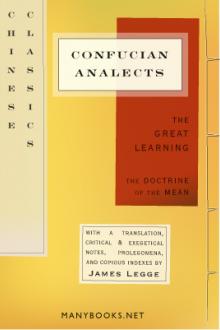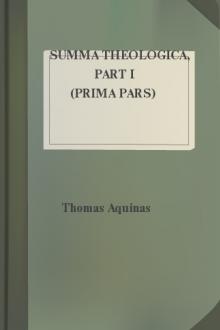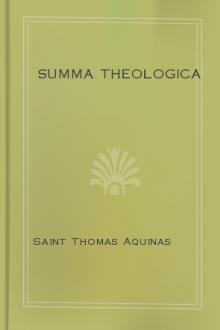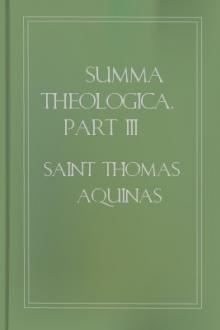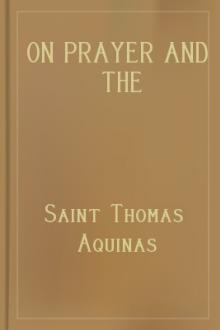Summa Theologica, Part I-II
Book Excerpt
Nevertheless it must be observed that a thing tends to an end, by its action or movement, in two ways: first, as a thing, moving itself to the end, as man; secondly, as a thing moved by another to the end, as an arrow tends to a determinate end through being moved by the archer who directs his action to the end. Therefore those things that are possessed of reason, move themselves to an end; because they have dominion over their actions through their free-will, which is the "faculty of will and reason." But those things that lack reason tend to an end, by natural inclination, as being moved by another and not by themselves; since they do not know the nature of an end as such, and consequently cannot ordain anything to an end, but can be ordained to an end only by another. For the entire irrational nature is in comparison to God as an instrument to the principal agent, as stated above (I, Q. 22, A. 2, ad 4; Q. 103, A. 1, ad 3). Consequently it is proper to the r
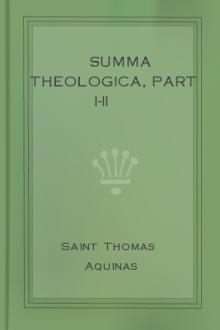
 Free Download
Free Download



















